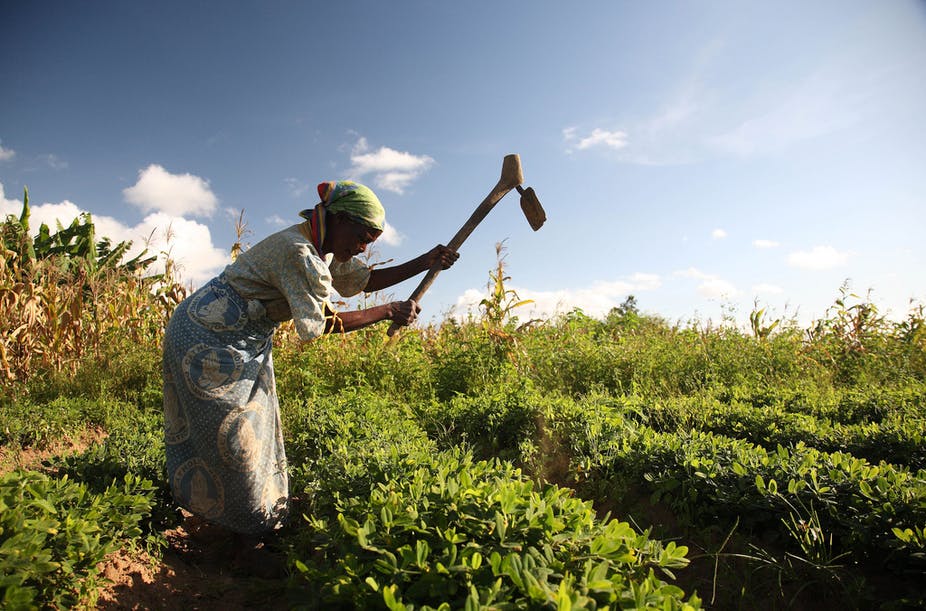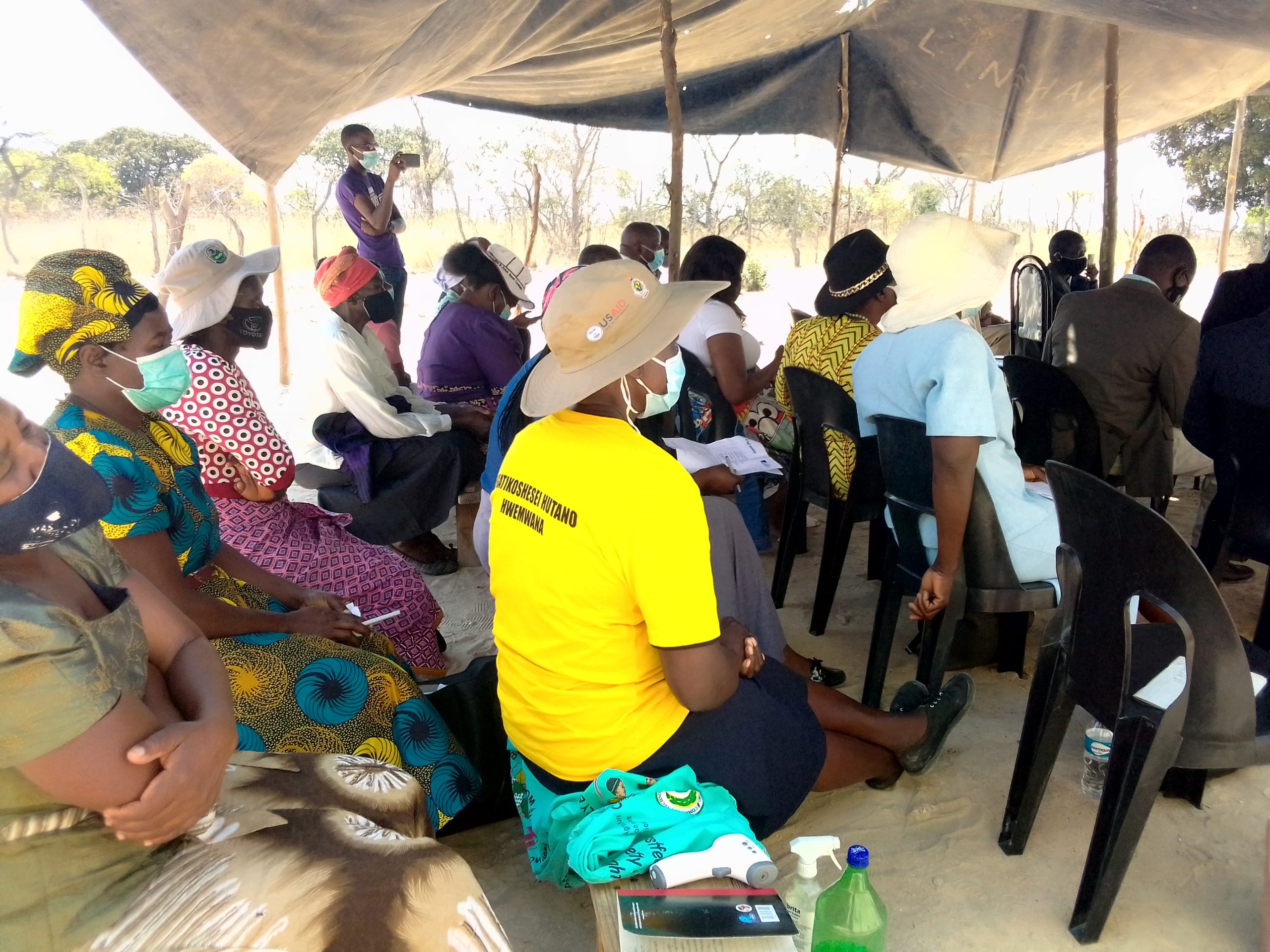
By Nyasha Dube, Zvishavane
Women in Shurugwi continue to be empowered through the Konrad Adenauer Striftung (KAS) land rights project which has seen more mothers, widows and the girl child establishing good relations with traditional leaders and acquiring land for residential and production purposes.
Yesterday KAS in partnership with local stakeholders hosted yet another land rights exchange visit for traditional leaders, where leaders from Shurugwi hosted their peers from Lupane and Mutasa.
The meeting sought to capacitate leaders with more knowledge and skills on women’s land rights, as well as being a platform for experience sharing amongst the delegates.
As more women continue to acquire land and property, they say KAS has played a pivotal role in shaping their lives for the better.
Such is the story of Elaverage Mawere, one of the beneficiaries who was hosting the leaders at her homestead.
Mawere, a widow, says after her husband passed on she lost everything they had worked for together, as cultural practices barred her from inheriting properties.
“I was married in Gutu and my husband passed on, we had kids. I returned back home looking for a place to stay and I met some women who told me about the KAS trainings,” said Mawere.
Mawere says her village head, headman Kuchicha helped her acquire her own land.
Headman Kuchicha is one of the first traditional leaders to embrace and implement the women’s land rights program in his area.
“He had no piece of land left in his area at the time so he liased with Chief Mufiri who offered me this land on which I have built my own place,” Mawere said.
She also says although she struggled to build her home, at the end she managed to finish with the help of her children who are now grown ups.
Many more women from Shurugwi have previously shared testimonies of how being educated on their land rights and property has empowered them to rise above intersectional factors like abuse, discrimination and poverty among others, which they often face.
Mawere expressed her pride and joy being able to host leaders from different parts of the country.
“Looking at where I come from and where I am right now, I am elated. I have achieved so much for myself and that makes me so happy,”
Elaverage Mawere, KAS beneficiary
Traditional leaders as custodians of land are slowly warming up to the idea of gender equality and allocating land equally between men and women.
Patriarchy has often viewed women as minorities who are not privileged to own land, but with the fusion of the constitution and capacitating leaders with knowledge on women’s land rights, perspectives have shifted to allow women to be empowered and resourceful.